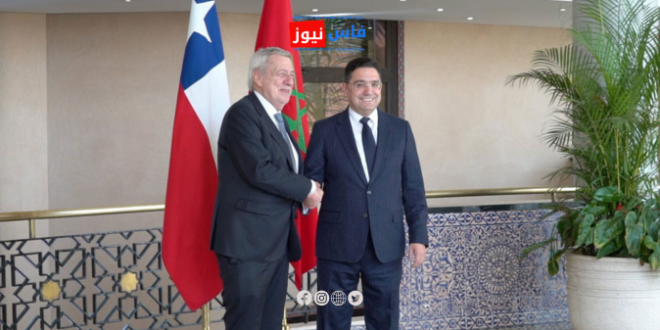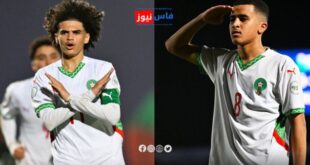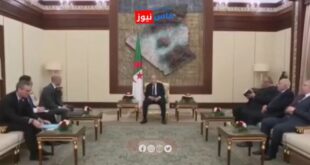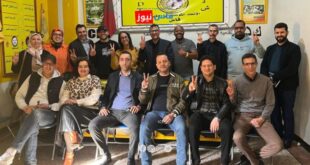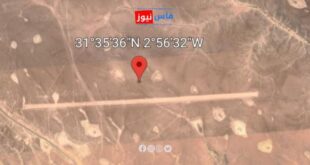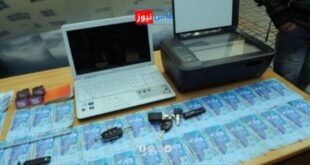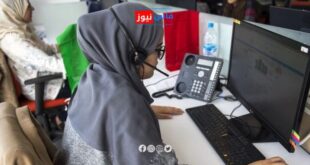The year 2024 witnessed a notable shift in Latin American countries’ positions on the Moroccan Sahara issue. Moroccan diplomatic efforts, led by King Mohammed VI, have yielded significant results in strengthening support for Morocco’s position and weakening separatist claims in the region.
In his speech commemorating the anniversary of the Green March, King Mohammed VI emphasized the need for continuous mobilization to defend the kingdom’s territorial integrity. This directive was reflected in diplomatic moves that convinced many Latin American countries of the justice of the Moroccan cause.
From Ecuador to Panama, through Peru, Brazil, Paraguay, and most recently Chile, these countries have shown increasing support for Morocco’s autonomy initiative as a realistic and lasting solution to the artificial conflict over the Sahara. In October, Ecuador decided to suspend its recognition of the “phantom republic,” a stance followed by Panama in November when it cut ties with the separatist entity.
This diplomatic shift reflects growing international awareness of the illegitimacy of the “Polisario” under international law. Miguel Angel Rodriguez Mackay, former Peruvian Foreign Minister, affirmed that the withdrawal of recognitions from this entity has become “inevitable.”
In Paraguay, the parliament adopted a resolution supporting Morocco’s territorial integrity and calling on the government to take a similar position. The Brazilian Senate expressed its support for the autonomy initiative, while the Brazilian Foreign Minister praised Morocco’s serious efforts to resolve the dispute during his visit to Rabat. In Chile, the Foreign Minister announced his country’s support for a lasting and just political solution in line with the Moroccan initiative.
On another front, parliamentary relations saw notable development through the establishment of an economic forum bringing together Morocco and Latin American and Caribbean countries to enhance strategic cooperation. Moroccan initiatives also gained support from regional parliamentary bodies such as the Mercosur Parliament and the Central American Parliament.
In addition to diplomatic and parliamentary successes, Morocco has managed to win over public opinion in Latin America through universities and media, leading to the erosion of traditional support for the Polisario, previously backed by Algeria. This shift reflects a growing recognition among Latin American elites of the justice of the Moroccan cause and the realism of the autonomy initiative.
Through calm and effective diplomacy, Morocco continues to achieve successive victories on the international stage, making separatist theses closer to extinction in light of the rapid changes in global positions.
 فاس نيوز ميديا جريدة الكترونية جهوية تعنى بشؤون و أخبار جهة فاس مكناس – متجددة على مدار الساعة
فاس نيوز ميديا جريدة الكترونية جهوية تعنى بشؤون و أخبار جهة فاس مكناس – متجددة على مدار الساعة

